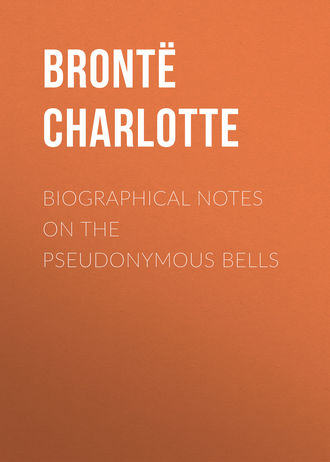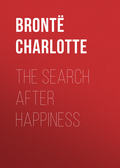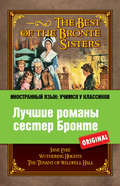
Шарлотта Бронте
Biographical Notes on the Pseudonymous Bells
‘The Tenant of Wildfell Hall,’ by Acton Bell, had likewise an unfavourable reception. At this I cannot wonder. The choice of subject was an entire mistake. Nothing less congruous with the writer’s nature could be conceived. The motives which dictated this choice were pure, but, I think, slightly morbid. She had, in the course of her life, been called on to contemplate, near at hand, and for a long time, the terrible effects of talents misused and faculties abused: hers was naturally a sensitive, reserved, and dejected nature; what she saw sank very deeply into her mind; it did her harm. She brooded over it till she believed it to be a duty to reproduce every detail (of course with fictitious characters, incidents, and situations), as a warning to others. She hated her work, but would pursue it. When reasoned with on the subject, she regarded such reasonings as a temptation to self-indulgence. She must be honest; she must not varnish, soften, nor conceal. This well-meant resolution brought on her misconstruction, and some abuse, which she bore, as it was her custom to bear whatever was unpleasant, with mild, steady patience. She was a very sincere, and practical Christian, but the tinge of religious melancholy communicated a sad shade to her brief, blameless life.
Neither Ellis nor Acton allowed herself for one moment to sink under want of encouragement; energy nerved the one, and endurance upheld the other. They were both prepared to try again; I would fain think that hope and the sense of power were yet strong within them. But a great change approached; affliction came in that shape which to anticipate is dread; to look back on, grief. In the very heat and burden of the day, the labourers failed over their work.
My sister Emily first declined. The details of her illness are deep-branded in my memory, but to dwell on them, either in thought or narrative, is not in my power. Never in all her life had she lingered over any task that lay before her, and she did not linger now. She sank rapidly. She made haste to leave us. Yet, while physically she perished, mentally she grew stronger than we had yet known her. Day by day, when I saw with what a front she met suffering, I looked on her with an anguish of wonder and love. I have seen nothing like it; but, indeed, I have never seen her parallel in anything. Stronger than a man, simpler than a child, her nature stood alone. The awful point was, that while full of ruth for others, on herself she had no pity; the spirit was inexorable to the flesh; from the trembling hand, the unnerved limbs, the faded eyes, the same service was exacted as they had rendered in health. To stand by and witness this, and not dare to remonstrate, was a pain no words can render.
Two cruel months of hope and fear passed painfully by, and the day came at last when the terrors and pains of death were to be undergone by this treasure, which had grown dearer and dearer to our hearts as it wasted before our eyes. Towards the decline of that day, we had nothing of Emily but her mortal remains as consumption left them. She died December 19, 1848.
We thought this enough: but we were utterly and presumptuously wrong. She was not buried ere Anne fell ill. She had not been committed to the grave a fortnight, before we received distinct intimation that it was necessary to prepare our minds to see the younger sister go after the elder. Accordingly, she followed in the same path with slower step, and with a patience that equalled the other’s fortitude. I have said that she was religious, and it was by leaning on those Christian doctrines in which she firmly believed, that she found support through her most painful journey. I witnessed their efficacy in her latest hour and greatest trial, and must bear my testimony to the calm triumph with which they brought her through. She died May 28, 1849.
What more shall I say about them? I cannot and need not say much more. In externals, they were two unobtrusive women; a perfectly secluded life gave them retiring manners and habits. In Emily’s nature the extremes of vigour and simplicity seemed to meet. Under an unsophisticated culture, inartificial tastes, and an unpretending outside, lay a secret power and fire that might have informed the brain and kindled the veins of a hero; but she had no worldly wisdom; her powers were unadapted to the practical business of life; she would fail to defend her most manifest rights, to consult her most legitimate advantage. An interpreter ought always to have stood between her and the world. Her will was not very flexible, and it generally opposed her interest. Her temper was magnanimous, but warm and sudden; her spirit altogether unbending.







